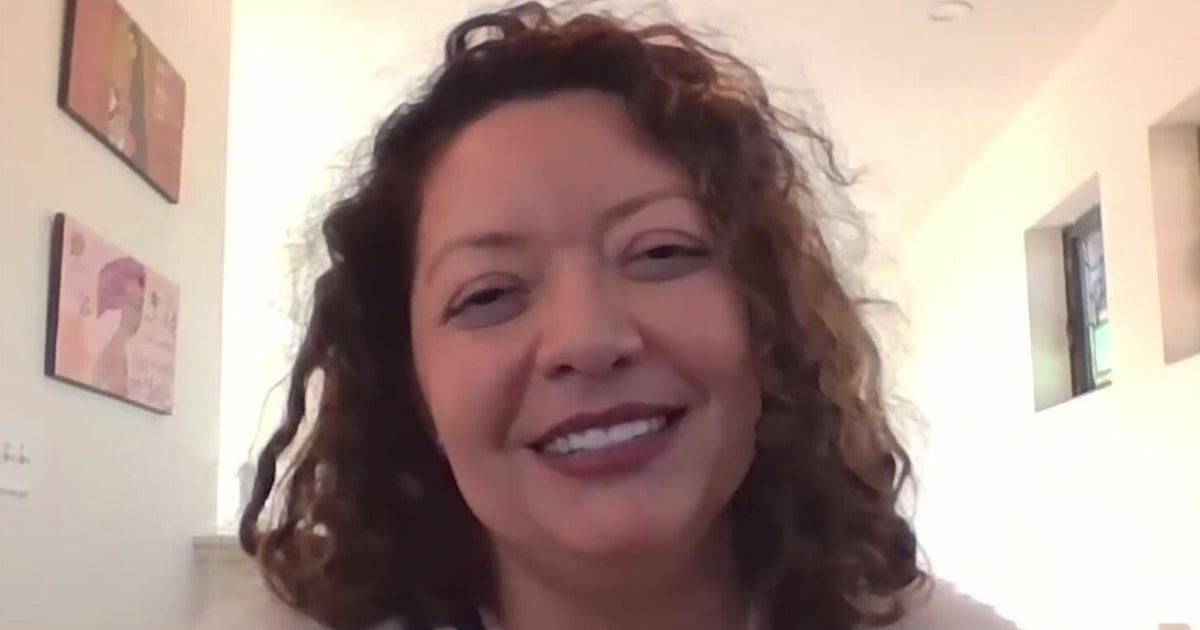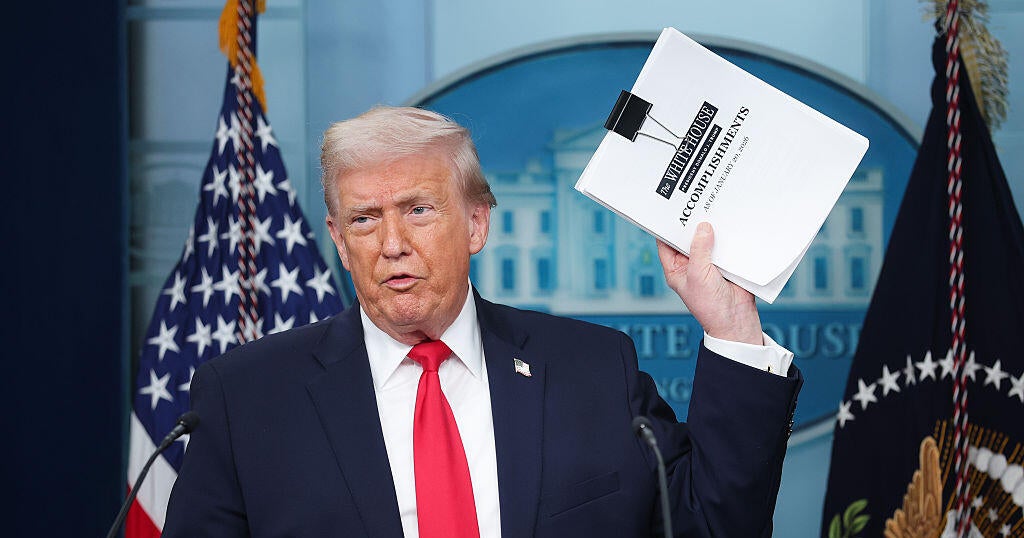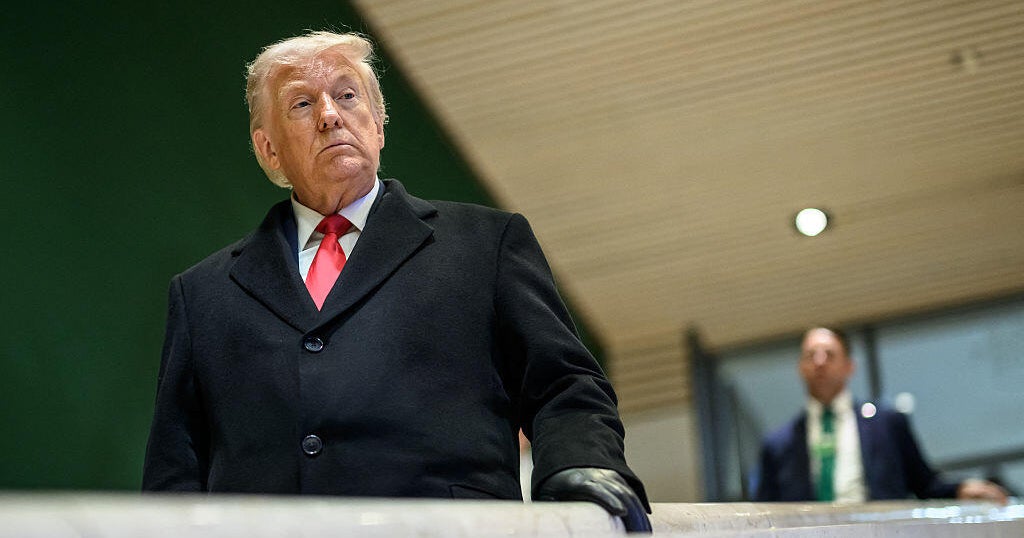Melania Trump lends voice in fight against opioid abuse at infant recovery facility
In an effort to continue the work of the Trump administration's battle against the nation's opioid epidemic, First Lady Melania Trump lent her support to the nation's first nonprofit infant recovery center that provides services to parents and families dealing with addiction.
"I want to be here to support you and give a voice to Lily's Place and also for the opioid epidemic. It's very -- a passion of mine to help children and educate them and also to educate the families and open conversations about opioid abuse," said Trump at Lily's Place, a "first of its kind" facility in West Virginia on Tuesday.
Trump, who was joined by White House Counselor Kellyanne Conway, spoke at a roundtable event with staff members of the facility, as well as recovering mothers who had been previously treated.
"I just hope we give a voice to more places like this and open them more around the country so we could have more families and more mothers and more children," Trump added.
She also addressed the stigma recovering mothers have in their battle against drug addiction.
"We need to open the conversation and to teach children and young mothers how it's dangerous it is to use drugs and get addicted to it."
The issue of health care coverage was also raised during the discussion. As the first lady asked the roundtable participants how best she could help the facility, Lily's Place executive director Rebecca Crowder said the facility faces many challenges in how exactly the treatment center is recognized as a medical facility and what funds they may be allotted.
"We still battle with funding obviously because we can't bill in the traditional way that everyone else does because we haven't gotten to that point where they recognize us in Medicaid. So, you know, that is a situation. But also we want it to be easier for other people to do what we're doing because we recognize we're a model for the nation for programs and parents," added Crowder.
Lawmakers attempted to include additional funds for Medicaid coverage as a last-ditch effort to sell the Republicans' previous health care bill.
Many Republican moderates, including Senator Shelley Moore Capito of West Virginia, had expressed concern over the way the Better Care Reconciliation Act addressed Medicaid funding, particularly as it relates to treating the nation's drug crisis.
In many cases, residents with addiction problems get treatment help from Medicaid, which was expanded under the Affordable Care Act.
Last year about 100,000 low-income West Virginia residents with Medicaid coverage had drug abuse diagnoses, according to state health officials.
Trump held a similar roundtable discussion at the White House last month, where she met with families impacted by the opioid epidemic and previously attended the first formal meeting of President Trump's ongoing Commission on Combatting Drug Addiction and Opioid Crisis back in August.
The council, chaired by New Jersey Governor Chris Christie, has a deadline of November 1 for its final report on the epidemic and recommendations it will pass along to the drug industry, with the objective of innovating pain management and addiction prevention measures.





